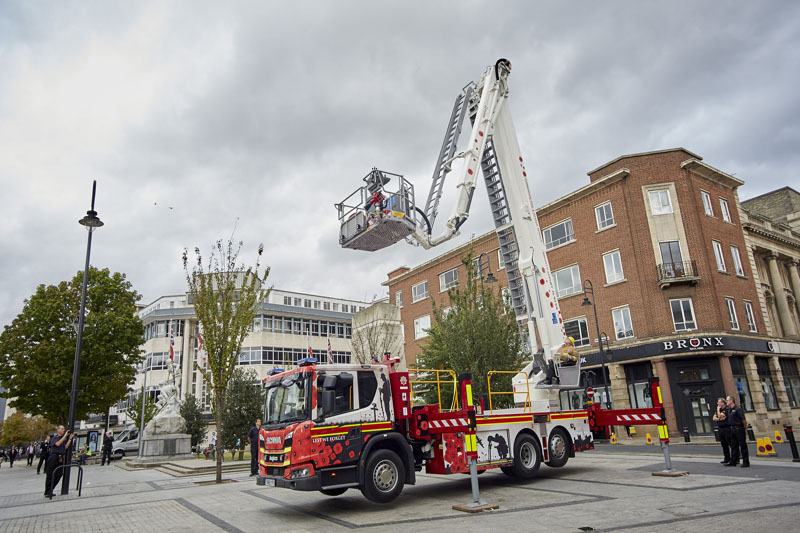Earlier this year, Alok Sharma, president for COP26, warned that the world is facing a ‘decisive decade’ on climate change, accusing governments of not doing ‘nearly enough’ to meet critical targets.
This is not new information for local authorities around the UK. More than two-thirds of councils have already declared a climate emergency with target dates of 2030, 2035 and 2040, and they fully recognise they hold a pivotal role in meeting the net zero carbon emissions target by the new date of 2035.
The Association of Directors of Environment, Economy, Planning & Transport (ADEPT)welcomes the Government’s acceleration of the target date and recognition that we need to do more, faster. We are pleased that the Government has recognised that this has to be the decade of action – the Government is catching up with us. We also recognise that we can’t take our foot off the pedal. To make a significant difference, the real thrust has to happen over the next two-three years.
In December 2020, together with a coalition of local government, environmental and research organisations, ADEPT published A blueprint for accelerating climate action and a green recovery at the local level, a document examining how Government can speed up climate action and implement a green recovery from coronavirus.
This document argues that the fundamental role of local councils in tackling the climate and ecological crises must be recognised and supported nationally. It also sets out our key asks from Government – for example, to prioritise carbon with joined up policies across department areas. Nearly six months later, the Government still needs to respond to the asks we set out in this document.
As the blueprint shows, we need collaboration to achieve green recovery, with the private sector, voluntary groups, between partner local authorities, business and local communities. In the response to the pandemic, we’ve seen that both local and global collaborations are possible in an emergency – and climate change is THE emergency that transcends both local and global communities. These collaborations have taken different forms, but they all have the same shared purpose.
When people think about zero carbon, they tend to think about renewable energy – some activities are now easy to put into place to reduce carbon, but others are more difficult, for example decarbonising heating and retrofitting our existing building stock.
The reality is that all new homes need to be zero carbon. However, this presents a real issue with the viability of local plans, which set out planning policies in a local authority area. The planning process can force compromises – and unfortunately, this usually comes down to things like affordable housing, which just perpetuates the issue of levelling up. We've seen the consequence of COVID-19 really drawing out the inequalities in society, and climate change has the potential to exacerbate that even further. The current policy frameworks that we are working to accentuate that, so even if you are trying to respond to climate change, there are compromises that you are forced to make.
If you look at the public sector, local authorities have been very proactive in agreeing zero carbon targets, for example looking at how they can embed zero carbon into transport strategies and these are backed up by the support of the transport industry with numerous private sector organisations proactively responding with their own zero carbon targets.
However, this is more challenging for other local authority departments, for example in the health sector, where there is less activity and transparency around commitments to achieving zero carbon as they are quite understandably focused on looking after people. We need to identify how other functions can actually prevent and reduce the impact on services elsewhere and that's where good planning comes in.
If we respond with the same kind of urgency around climate change as we did with COVID-19, and if we choose to work collaboratively, we can deliver real change at pace and scale. The new target date to slash emissions by 2035 will enable us to accelerate plans and open up opportunities for working with the private sector – it supports industry as a whole to move faster. But to make a real difference, we are looking at whole system transformation.
Susan Halliwell is joint chair of ADEPT’s South East board and executive director of place at West Berkshire Council.
This article was originally published in the summer issue of LAPV. Subscribe for free here.






